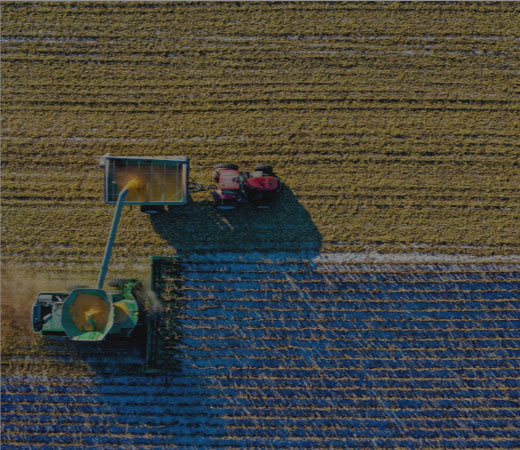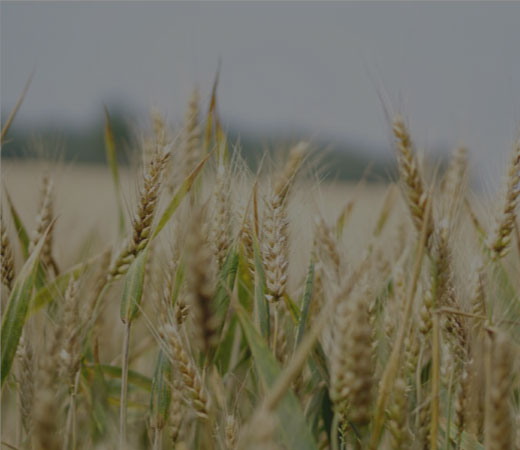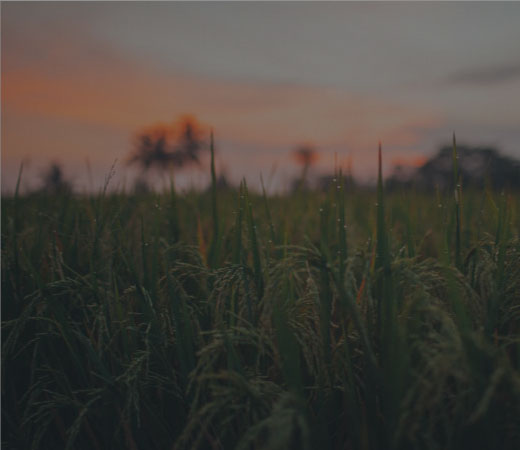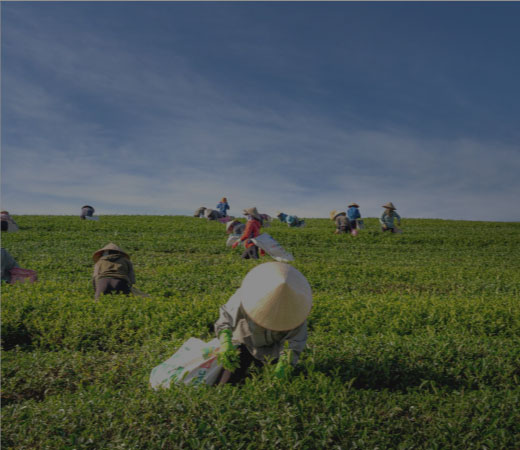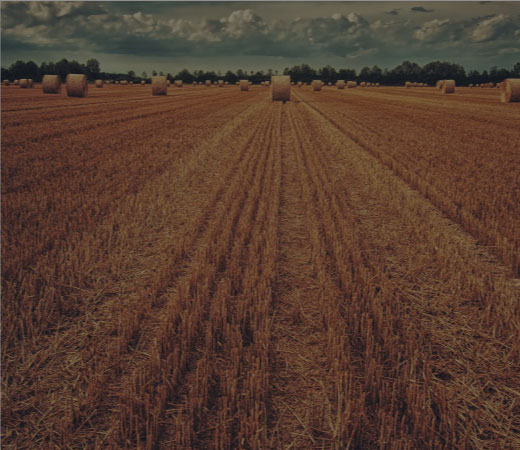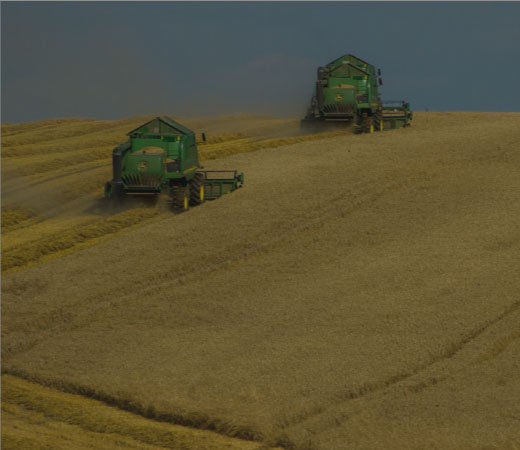
Here, you’ll find easy-to-follow guides tailored for the unique needs of Punjab, Sindh,
Balochistan, Khyber Pakhtunkhwa, Gilgit-Baltistan, and Azad Jammu & Kashmir, along with
step-by-step instructions for cultivating Pakistan’s top crops. Whether you’re growing wheat,
rice, cotton, or fruit, we provide tips on everything from selecting the best seeds to choosing the
most efficient irrigation methods—all designed to help you achieve maximum yield while
protecting our natural resources for future generations
Importance of Sustainable Agriculture and Water Conservation
The future of farming lies in sustainability. In Pakistan, agriculture is not just an industry; it’s a
way of life that supports over 60% of the population. Yet, with rapidly changing weather
patterns, erratic rainfall, and the increasing demand for food, farmers face mounting pressure to
produce more with fewer resources. Sustainable farming addresses these challenges by
focusing on methods that maintain soil fertility, reduce the need for chemical inputs, and
conserve water—while still delivering high yields.
